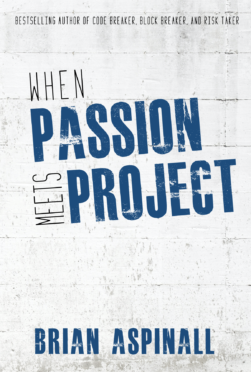When considering assessment and evaluation, it is important that any culminating activities accurately match the delivery of previous lessons. This week I wrote about Mathland, a place described by Seymour Papert in which students are immersed in mathematics. They construct their own knowledge of mathematics with tangible options and computer coding. Papert was a firm believer in a constructivist approach to mathematics. That is, students create their own knowledge through experience and reflection.
Seymour Papert on “Mathland” excerpted from the Squeakers DVD from Gary Stager on Vimeo.
Matthew Oldridge’s comment on Mathland really has me thinking.
I think what you have highlighted shows that we ourselves are oriented more or less to constructivism in our assessment practices.
In other words, those like myself, oriented to a constructivist worldview, are more likely to see observational and conversational data as valuable and ‘real”, whereas those who aren’t would see it as “too subjective”‘.
My bottom line: there is nothing subjective about a teacher student relationship. Do I construct my understanding of each and every one of them, as learners? You betcha!
In many cases, teachers have adopted a constructivist approach to learning. Whether it be inquiry / challenge based learning, coding or makersapces, our students are engaging in open-ended exploratory activities. Students are blogging, reflecting, collaborating and sharing their experiences on global platforms and social media.
Growing Success indicates that “evidence of student achievement for evaluation is collected over time from three different sources – observations, conversations, and student products. Using multiple sources of evidence increases the reliability and validity of the evaluation of student learning” (pg. 39). The document defines student products as “tests or exams and/or assignments for evaluation. Assignments for evaluation may include rich performance tasks, demonstrations, projects, and/or essays” (pg. 39).
What I love about Growing Success is the importance of professional judgement it assigns to teachers. “In addition, the teacher will consider that some evidence carries greater weight than other evidence; for example, some performance tasks are richer and reveal more about students’ skills and knowledge than others” (pg. 39).
The notion of “revealing more about students’ skills and knowledge” allows educators to weigh different evidence accordingly for each child. The result provides differentiated instruction, natural scaffolding and a personalized learning environment. “The principal will work with teachers to ensure common and equitable grading practices that follow ministry policy and board guidelines” (pg. 39). Fairness is not that everyone gets the same, but that everyone gets what they need.
As educators continue to construct their own knowledge of student learning and ability, consider that observation and conversation is an important way for some students to best reveal their understanding of curriculum content.


 For all the kids who grow up in a small town and think they don’t stand a chance. You do. I was once that kid.
For all the kids who grow up in a small town and think they don’t stand a chance. You do. I was once that kid.